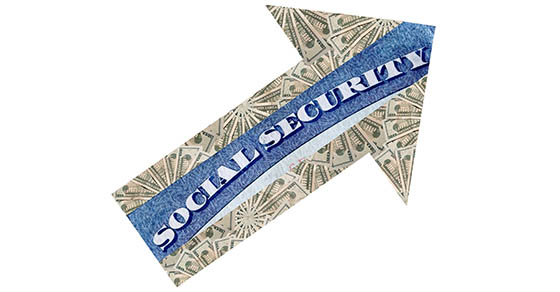
The Social Security Administration recently announced that the wage base for computing Social Security tax will increase to $168,600 for 2024 (up from $160,200 for 2023). Wages and self-employment income above this threshold aren’t subject to Social Security tax.
The Federal Insurance Contributions Act (FICA) imposes two taxes on employers, employees and self-employed workers — one for Old Age, Survivors and Disability Insurance, which is commonly known as the Social Security tax, and the other for Hospital Insurance, which is commonly known as the Medicare tax.
There’s a maximum amount of compensation subject to the Social Security tax, but no maximum for Medicare tax. For 2024, the FICA tax rate for employers will be 7.65% — 6.2% for Social Security and 1.45% for Medicare (the same as in 2023).
For 2024, an employee will pay:
For 2024, the self-employment tax imposed on self-employed people will be:
You may have questions if an employee who works for your business has a second job. That employee would have taxes withheld from two different employers. Can the employee ask you to stop withholding Social Security tax once he or she reaches the wage base threshold? The answer is no. Each employer must withhold Social Security taxes from the individual’s wages, even if the combined withholding exceeds the maximum amount that can be imposed for the year. Fortunately, the employee will get a credit on his or her tax return for any excess withheld.
Do you have questions about payroll tax filing or payments? Contact us. We’ll help ensure you stay in compliance.
© 2023
Receive Free financial tips & Tax Alerts!
"*" indicates required fields
Businesses usually want to delay recognition of taxable income into future years and accelerate deductions into the current year. But when is it wise to do the opposite? And why…
Navigating the realm of capital gains and optimizing tax outcomes require strategic thinking and informed decision-making. Understanding and employing effective capital gains tax strategies is crucial for businesses contemplating asset…
If your business doesn’t already have a retirement plan, it might be a good time to take the plunge. Current retirement plan rules allow for significant tax-deductible contributions. For example,…